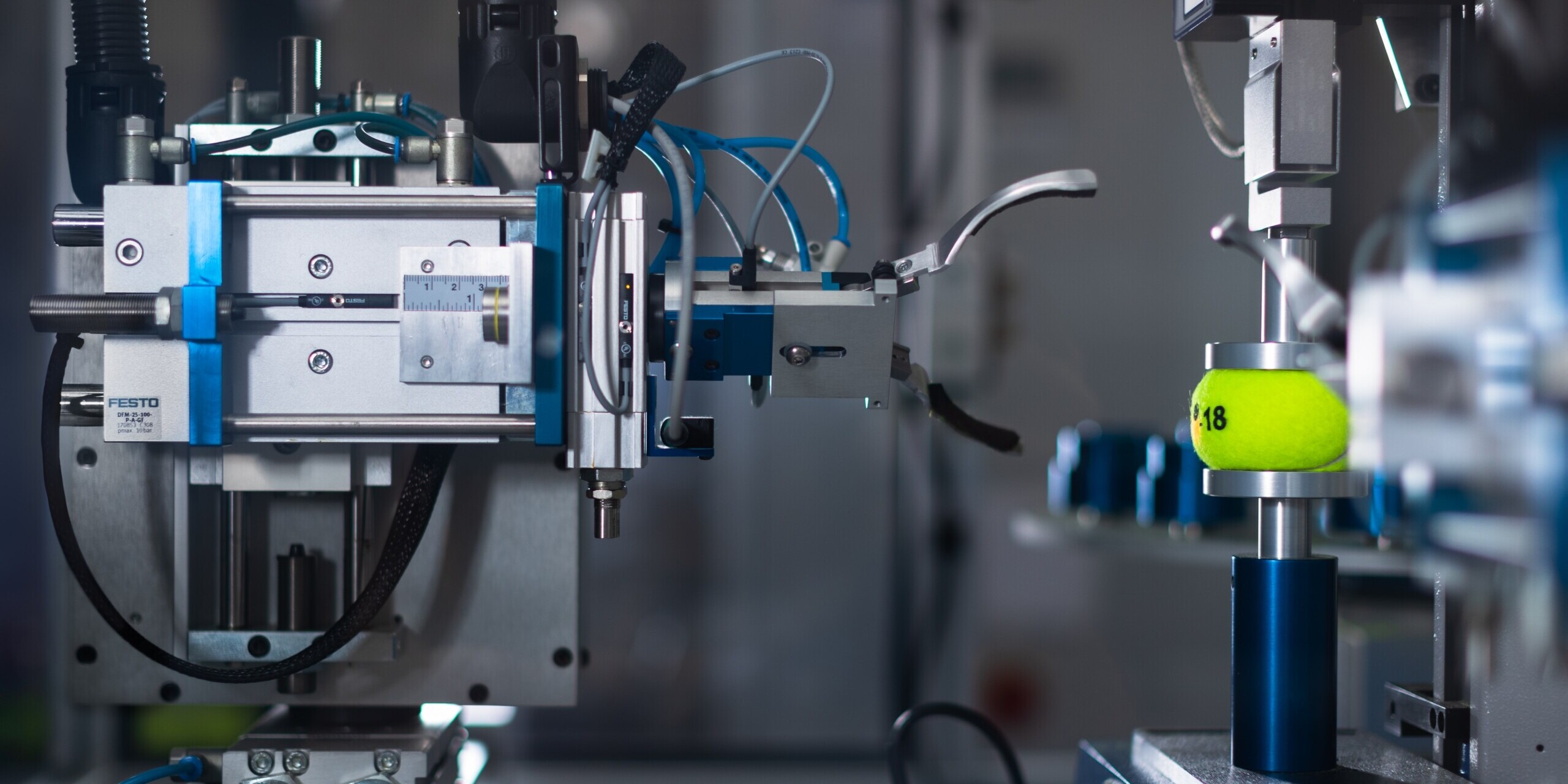Report
Late-stage R&D: business perspectives
The Royal Academy of Engineering’s National Engineering Policy Centre has published a report on Late Stage Research & Development.
This report examines a key part of the innovation process which accounts for the majority of R&D that businesses do.
Late-stage R&D delivers tradeable solutions and improvements, creates new markets and jobs, increases efficiency and improves productivity – bringing returns and socio-economic benefits to people in all parts of the UK. Late-stage R&D generates ‘spill-over’ benefits beyond the individual business, contributing to innovation and growth in the local area. It can act as a focal point for a business to develop activities and infrastructure, attract partners and investment, develop new local markets and establish a broader skills base around a particular location. Late-stage R&D is predominantly financed by businesses, with the private sector contributing approximately two thirds of the UK’s investment in R&D.
To fulfil its science superpower, innovation, growth and green industrial revolution ambitions, the UK government must make the UK a more attractive environment for businesses to invest and conduct late-stage R&D in. There is choice to be made: enable businesses to take bold risks here, or they will go elsewhere.
The report draws on interviews with those responsible for R&D decisions at 32 businesses across sectors and the UK with real-world case studies to illustrate how late-stage R&D is done and what government can do to encourage more late-stage R&D. Late-stage R&D delivers tradeable solutions and improvements, creates new markets and jobs, increases efficiency and improves productivity – bringing returns and socio-economic benefits to people in all parts of the UK.

